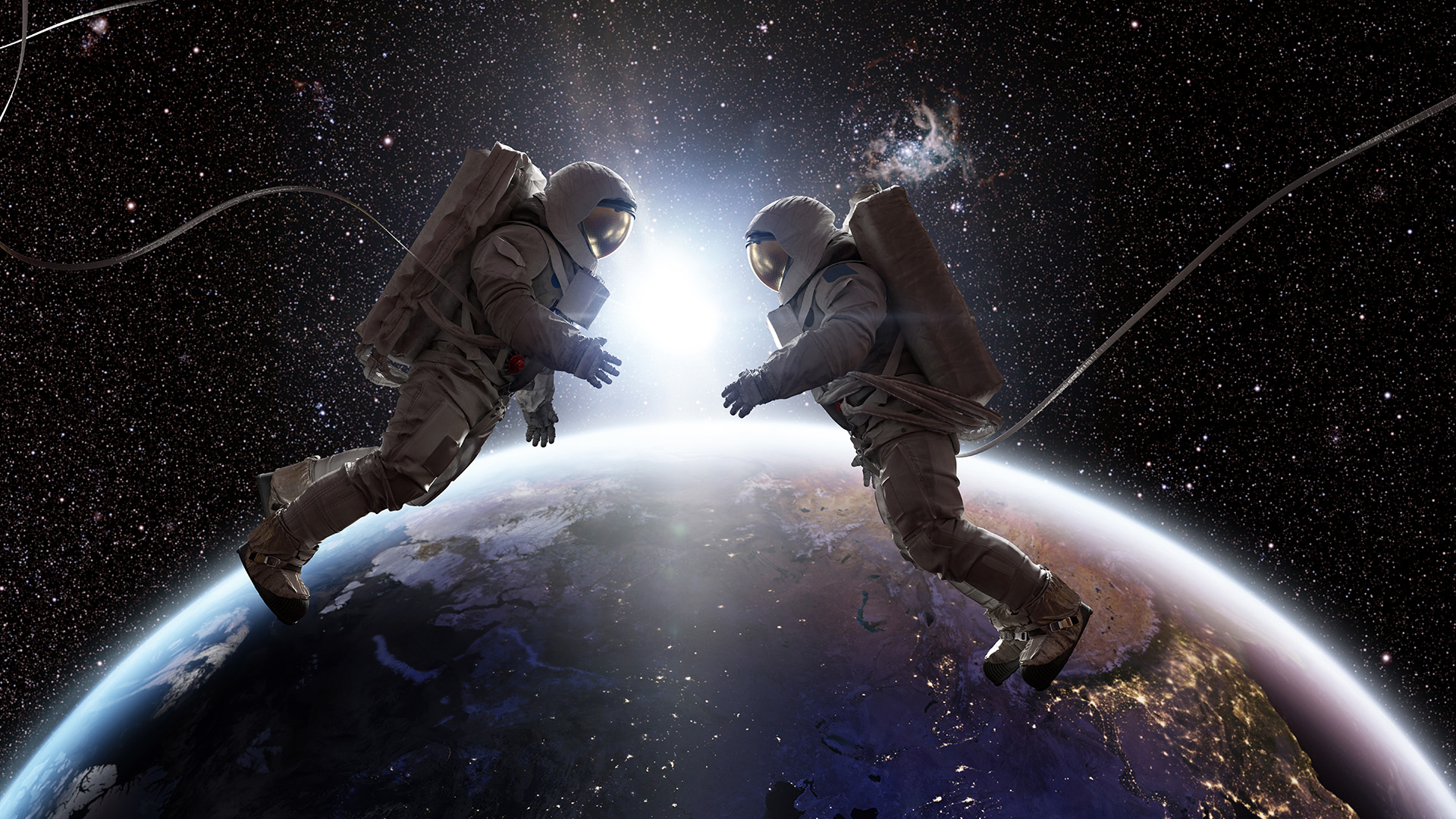
Charles Q. Choi
Latest articles by Charles Q. Choi

Do blind people 'see' images in their dreams?
By Charles Q. Choi published
For people who have been blind since birth, brain scans alone can't reveal if they dream in images.
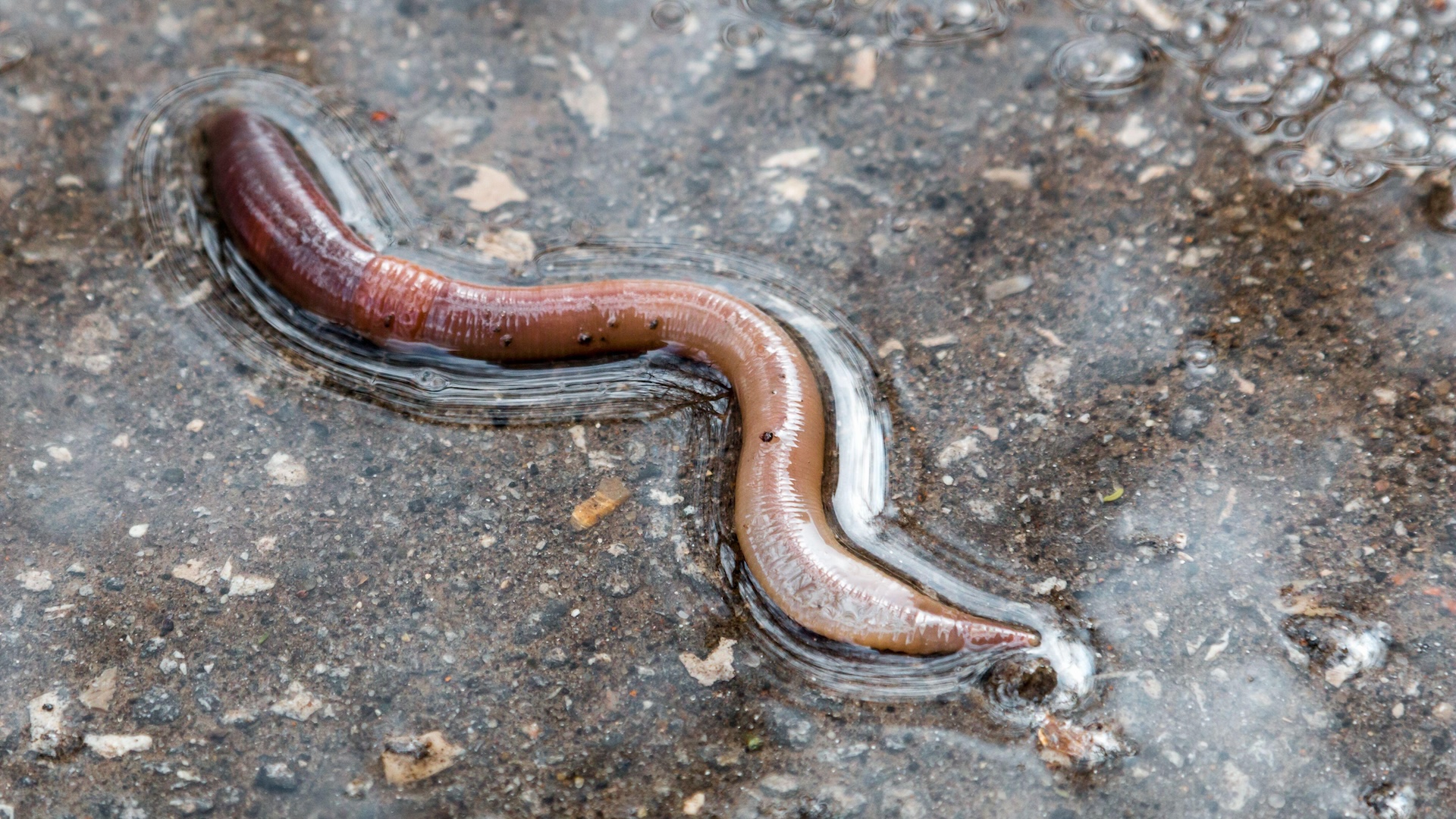
Why do worms come out in the rain?
By Charles Q. Choi published
Earthworms commonly come out when it's wet outside, but why?

Why aren't we crushed by the weight of Earth's atmosphere?
By Charles Q. Choi published
Earth's atmosphere is heavy, so why doesn't it weigh us down more?
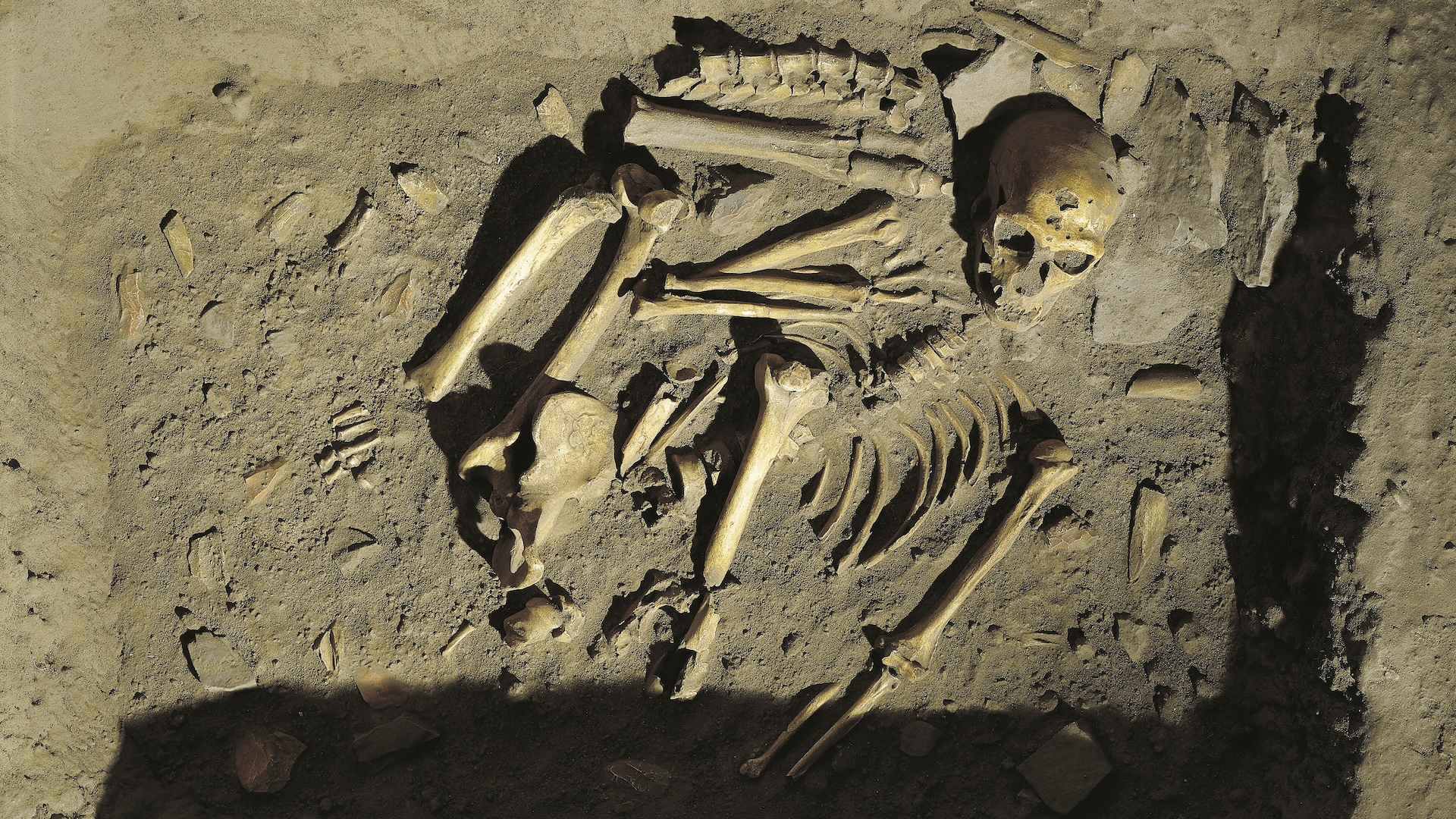
Neanderthals and early Homo sapiens buried their dead differently, study suggests
By Charles Q. Choi published
Neanderthals tended to bury their dead in caves, while early modern humans buried their dead in the fetal position, new research finds.
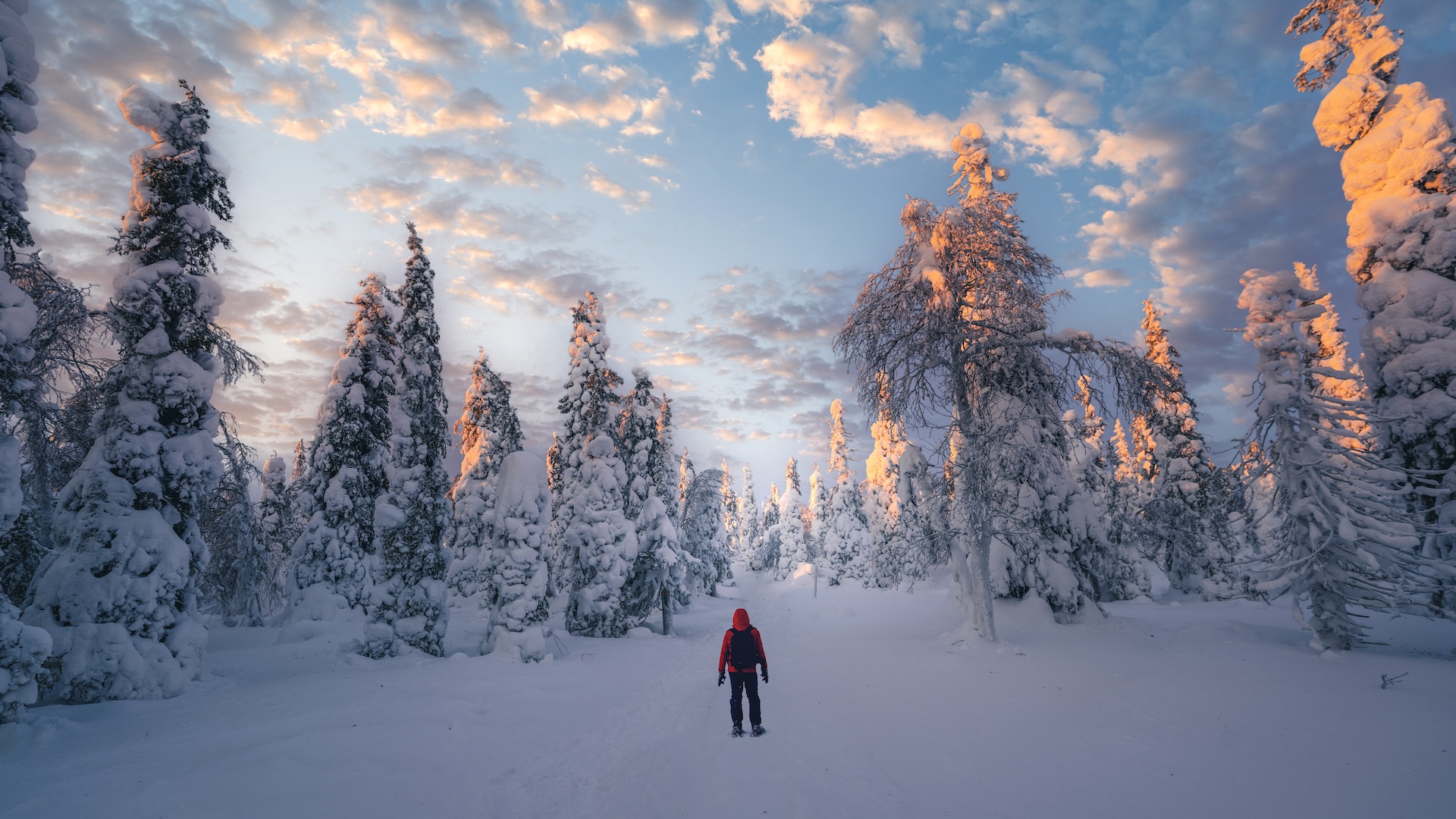
Why isn't the darkest time of the year also the coldest?
By Charles Q. Choi published
Why aren't the solstices the coldest and hottest days of the year?

What is the largest known prime number?
By Charles Q. Choi last updated
There are infinitely many prime numbers, but the biggest one we know of goes by the name M82589933 and contains more than 24 million digits.
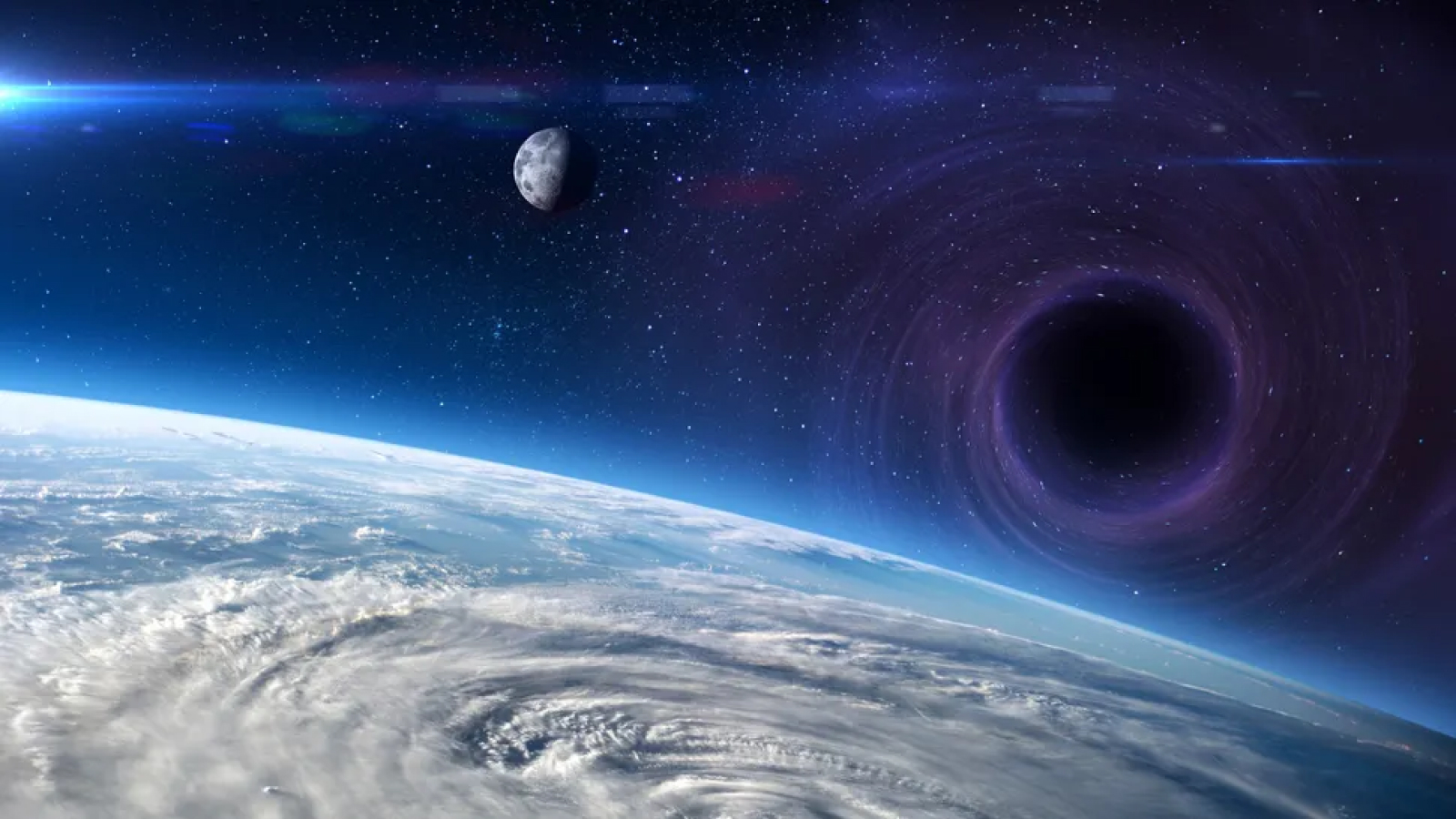
A 'primordial' black hole may zoom through our solar system every decade
By Charles Q. Choi published
"If there are lots of black holes out there, some of them must surely pass through our backyard every now and then."
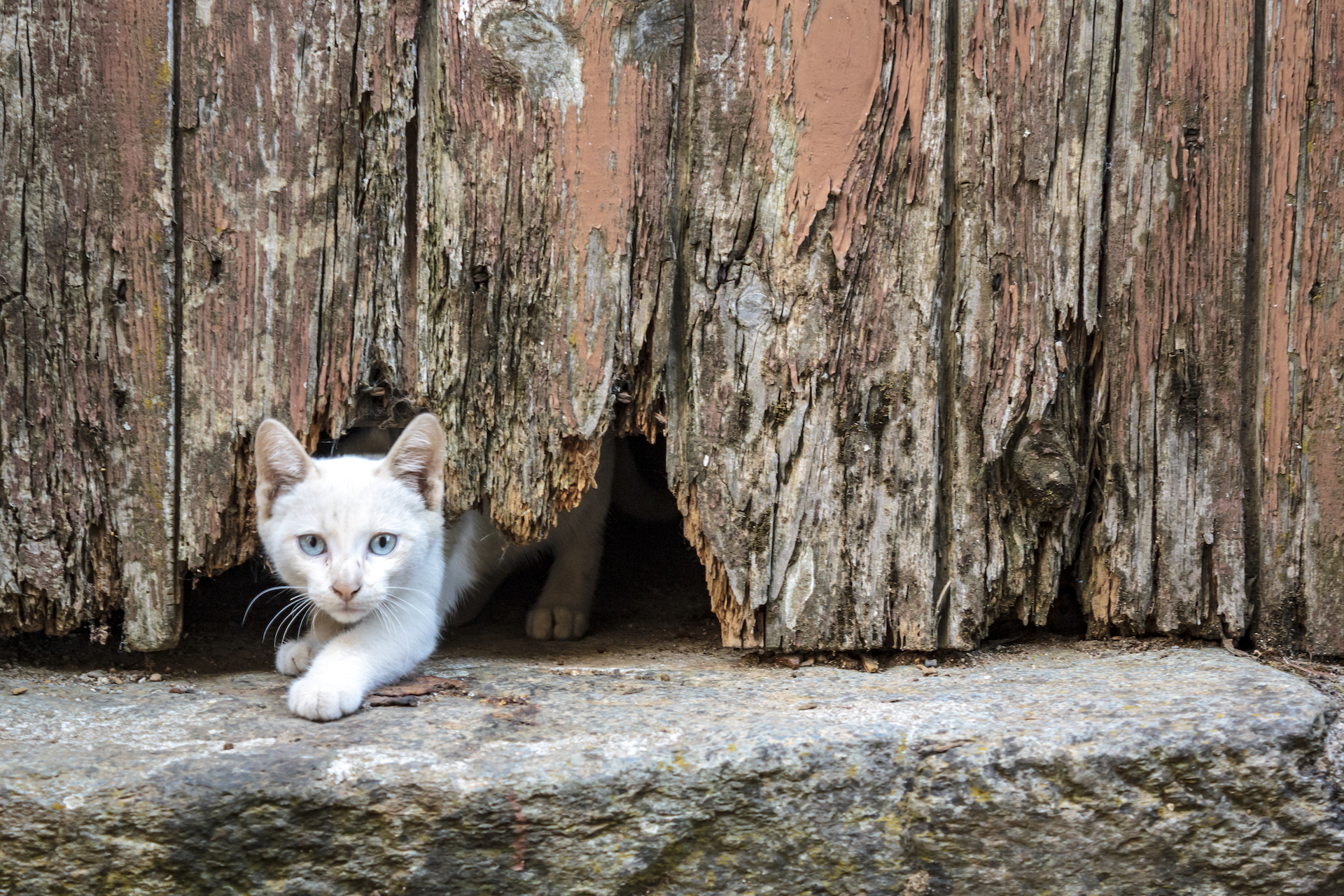
How do cats squeeze through small spaces?
By Charles Q. Choi last updated
Cats can squeeze through impossibly small holes, but how does their anatomy enable them to do this?
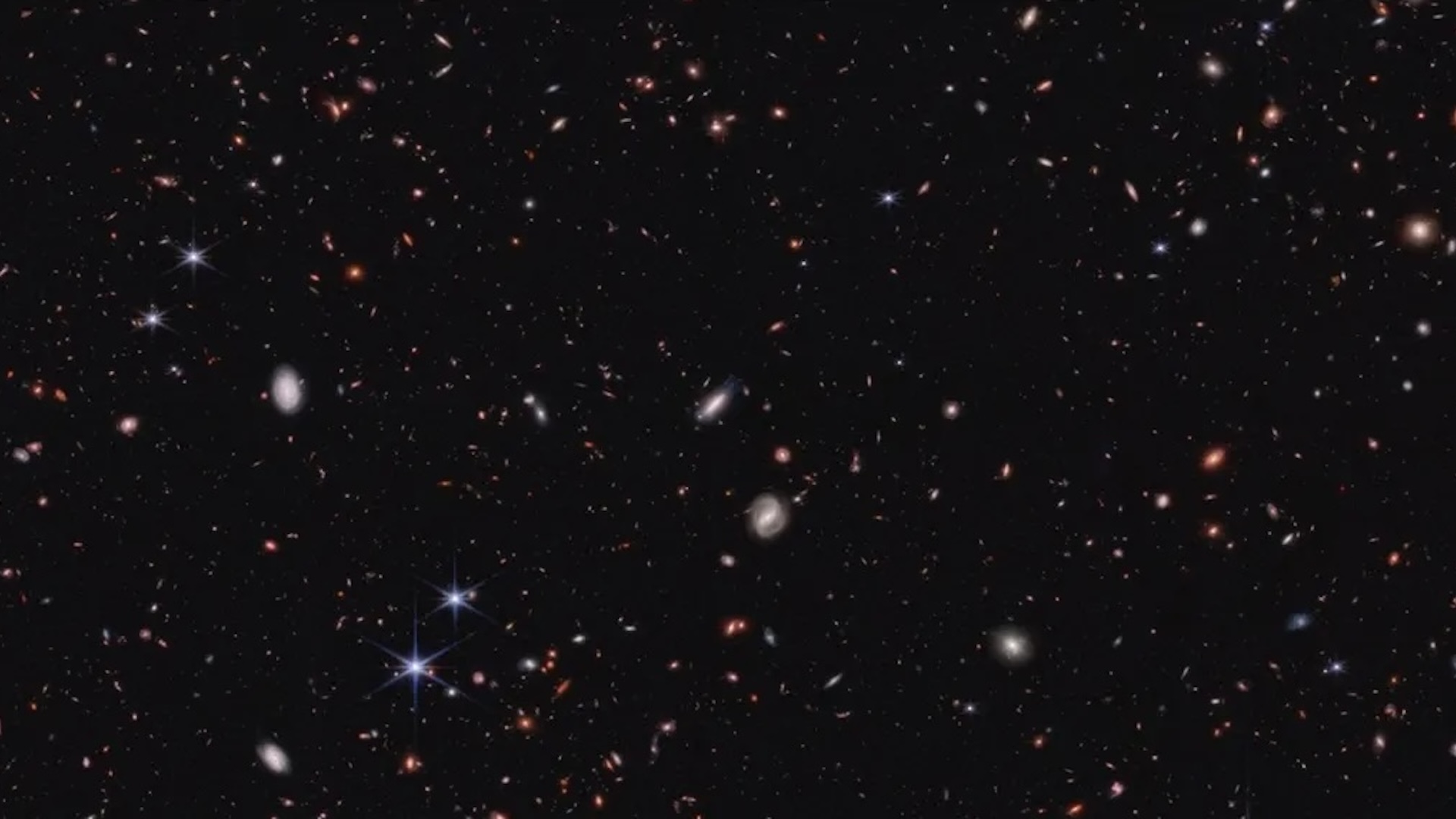
Early galaxies weren't mystifyingly massive after all, James Webb Space Telescope finds
By Charles Q. Choi published
'The bottom line is, there is no crisis in terms of the standard model of cosmology.
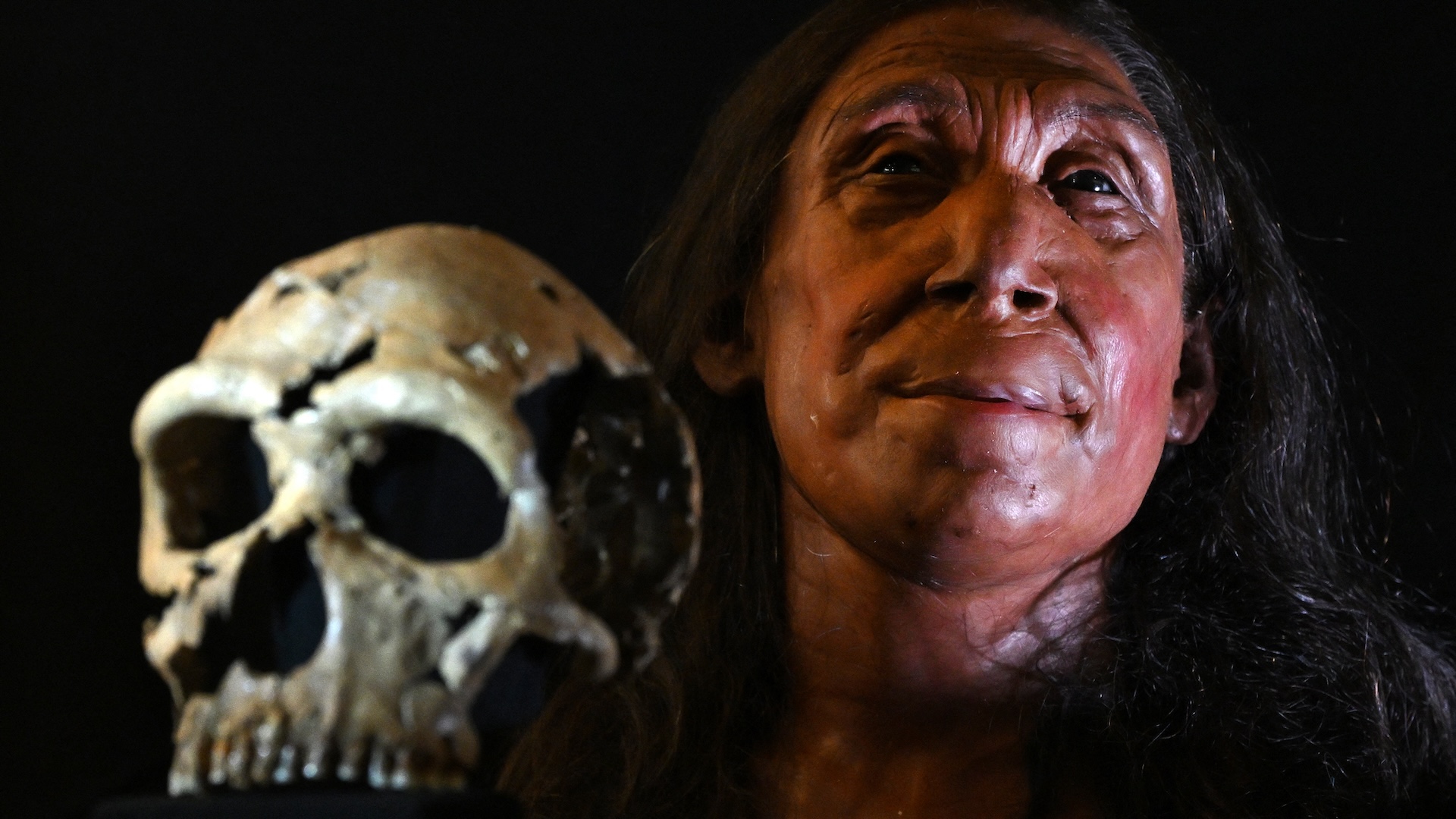
Neanderthals didn't truly go extinct, but were rather absorbed into the modern human population, DNA study suggests
By Charles Q. Choi published
Modern human DNA may have made up a surprisingly large amount of the Neanderthal genome, a new study finds.
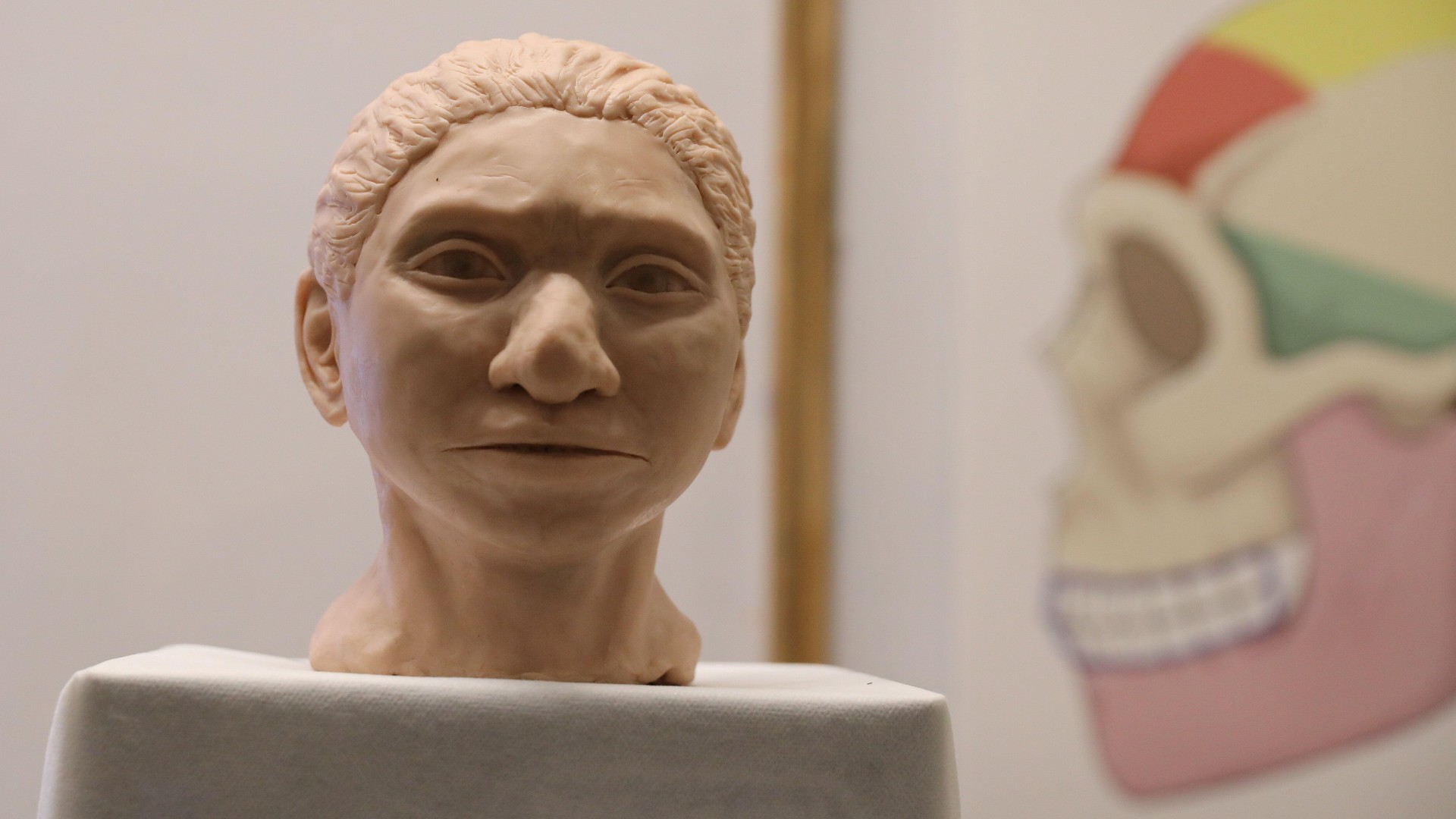
Who were the Denisovans?
By Charles Q. Choi last updated
Here are Denisovan facts about their discovery, where and when they lived and what we know about their appearance, genetics and culture.
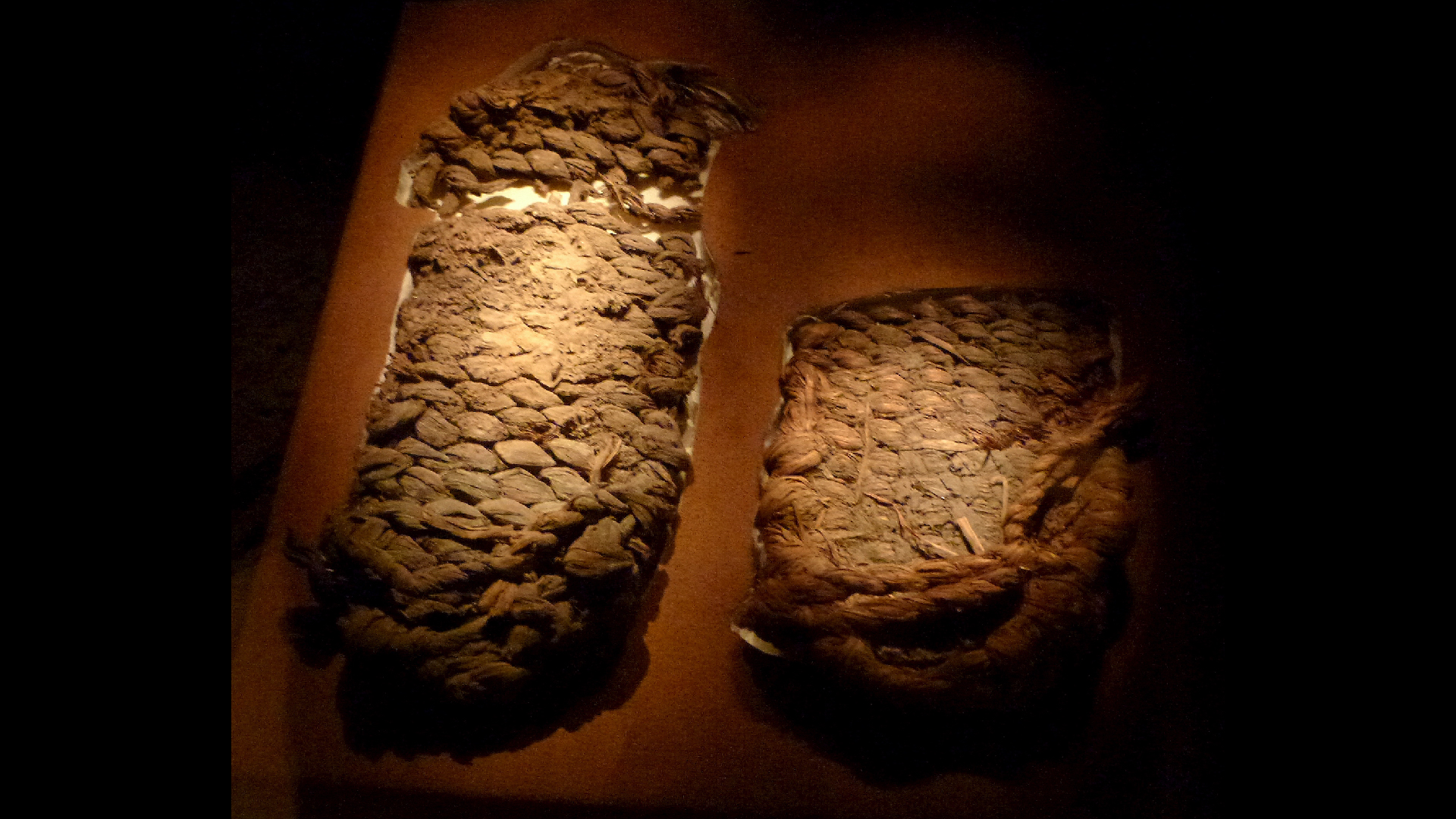
When did humans start wearing shoes?
By Charles Q. Choi published
The oldest known sandals are from Oregon, but there may be older shoes out there.

Why does the sun make people sneeze?
By Charles Q. Choi published
People who sneeze in bright lights, like the sun, may have autosomal dominant compelling helio-ophthalmic outburst syndrome, or ACHOO.
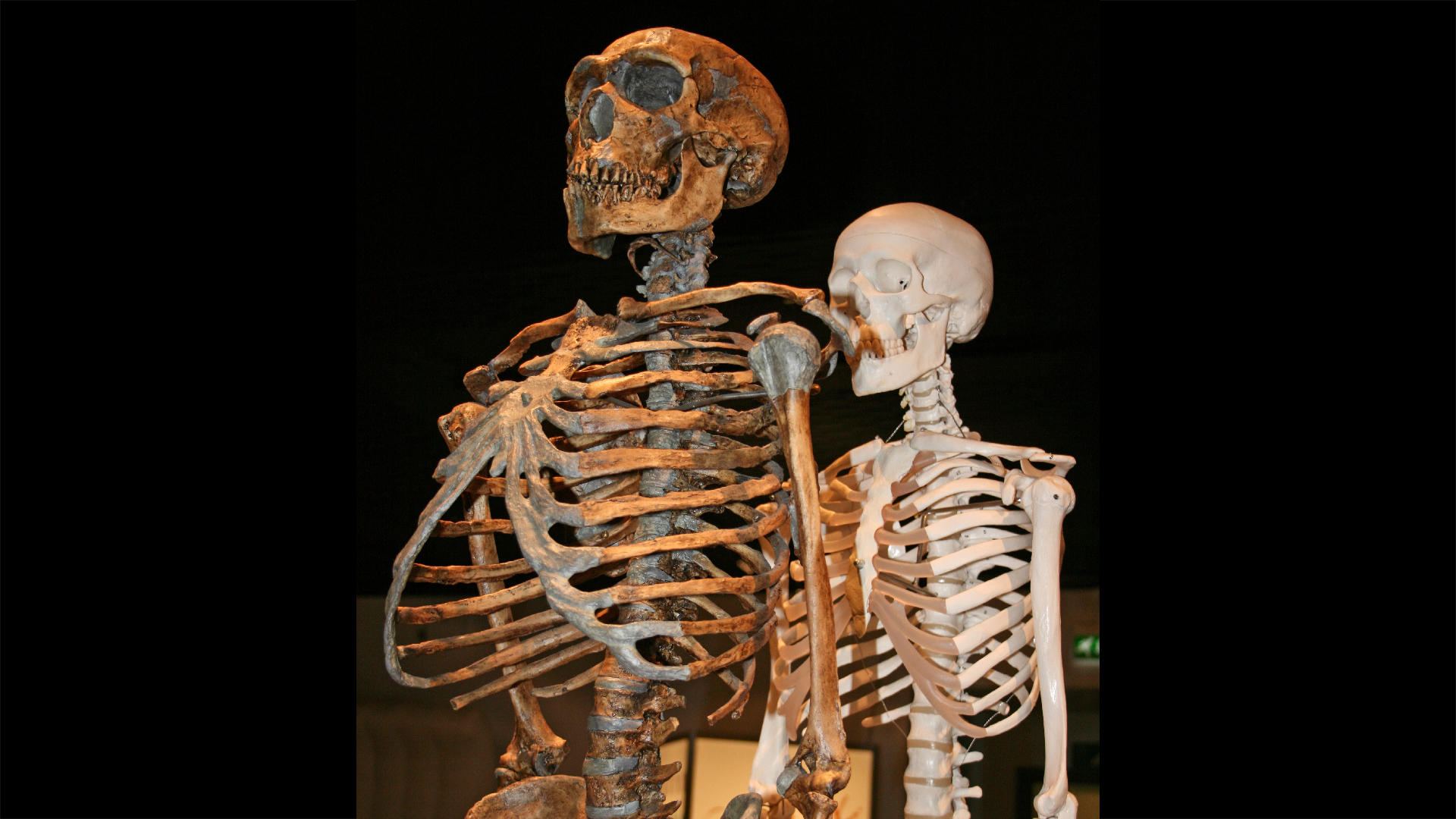
Neanderthals and humans interbred 47,000 years ago for nearly 7,000 years, research suggests
By Charles Q. Choi published
DNA from prehistoric and modern-day people suggests that humans interbred with Neanderthals 47,000 years ago for a period lasting 6,800 years.
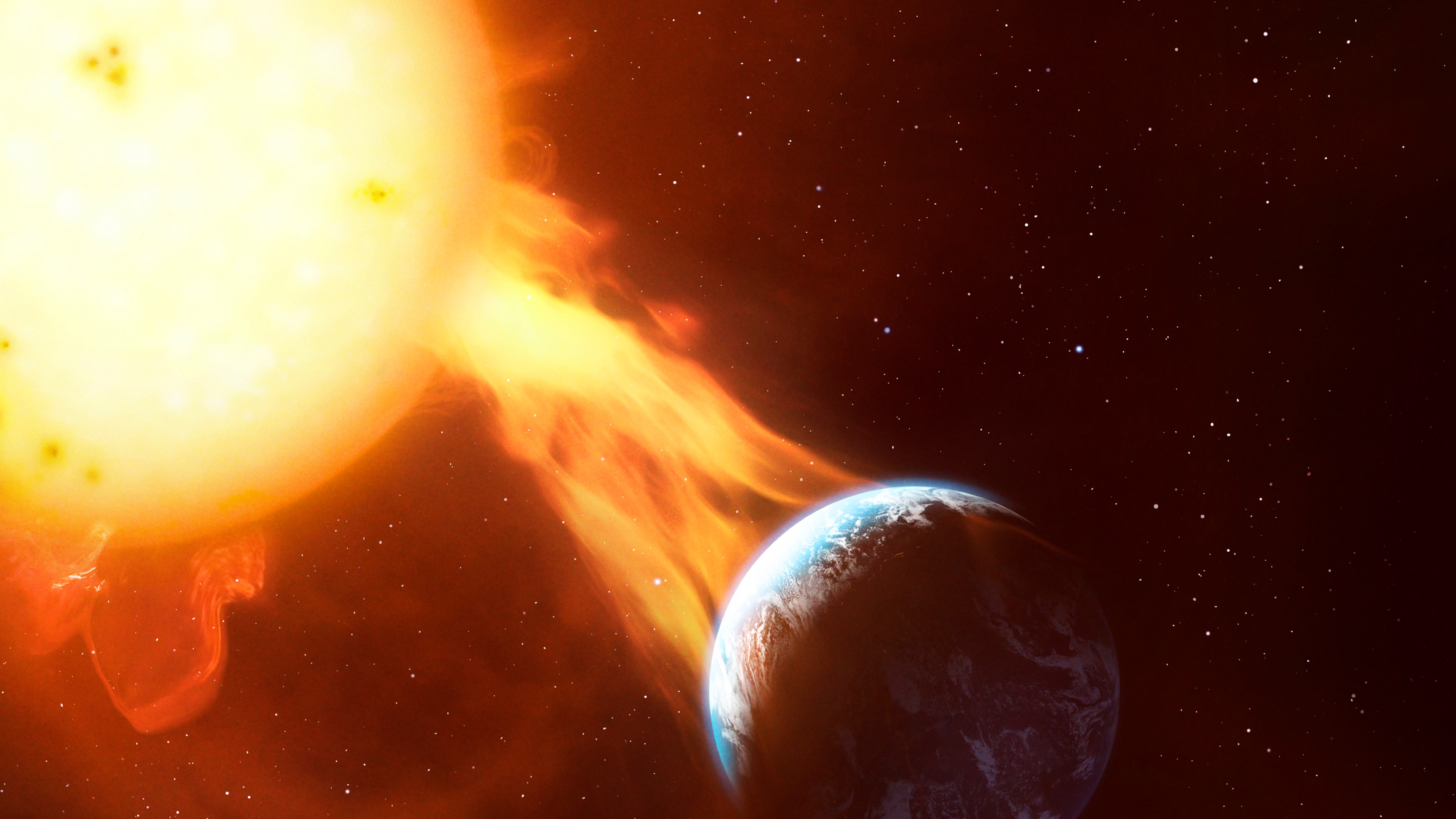
What if the Carrington Event, the largest solar storm ever recorded, happened today?
By Charles Q. Choi last updated
If a solar storm as big as the Carrington Event struck today, it could lead to years long power outages.
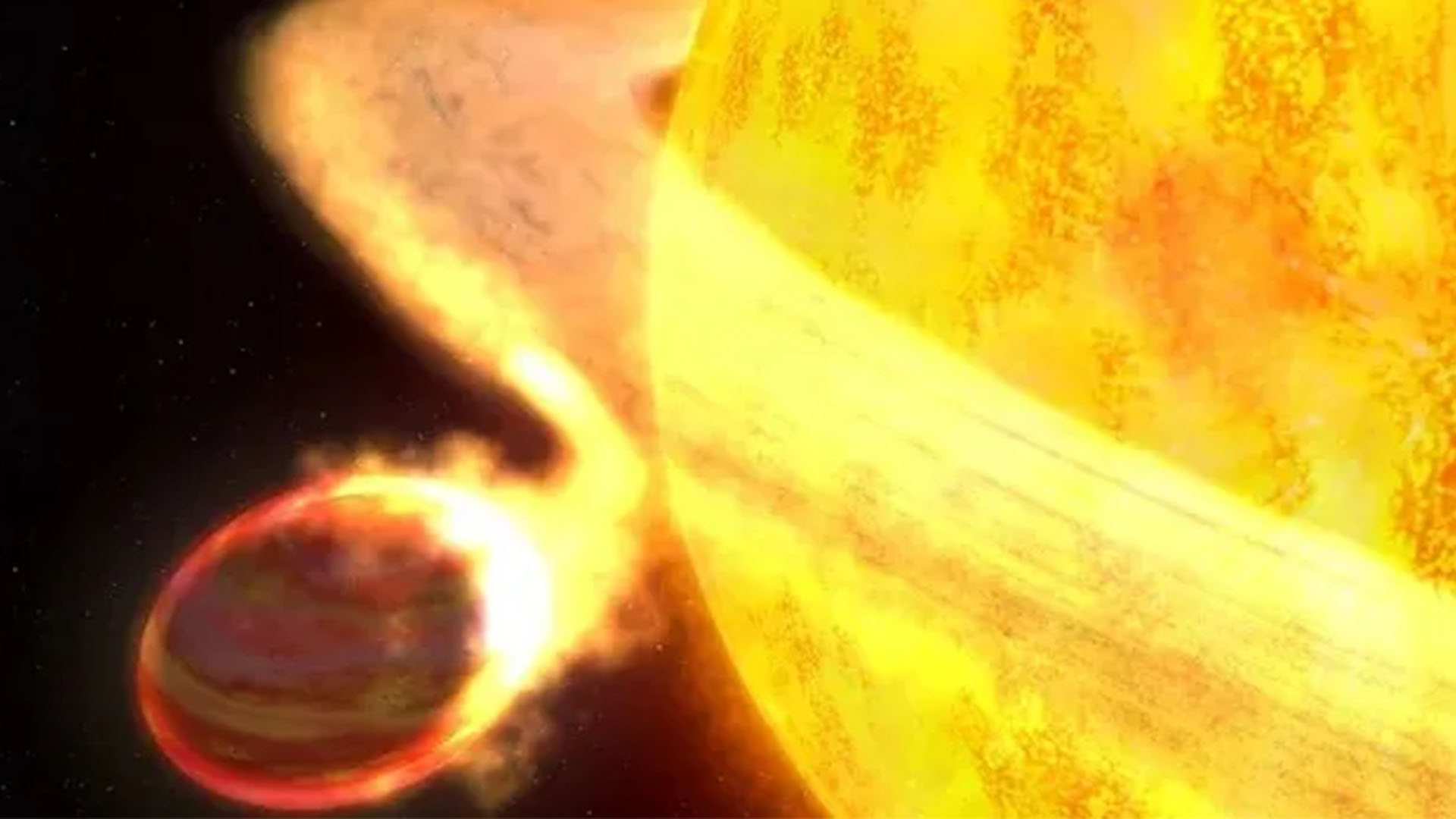
Study of 'twin' stars finds 1 in 12 have killed and eaten a planet
By Charles Q. Choi published
A study of 91 pairs of stars finds that about 8%, or one in 12, swallowed up a planet at some point in their lives.
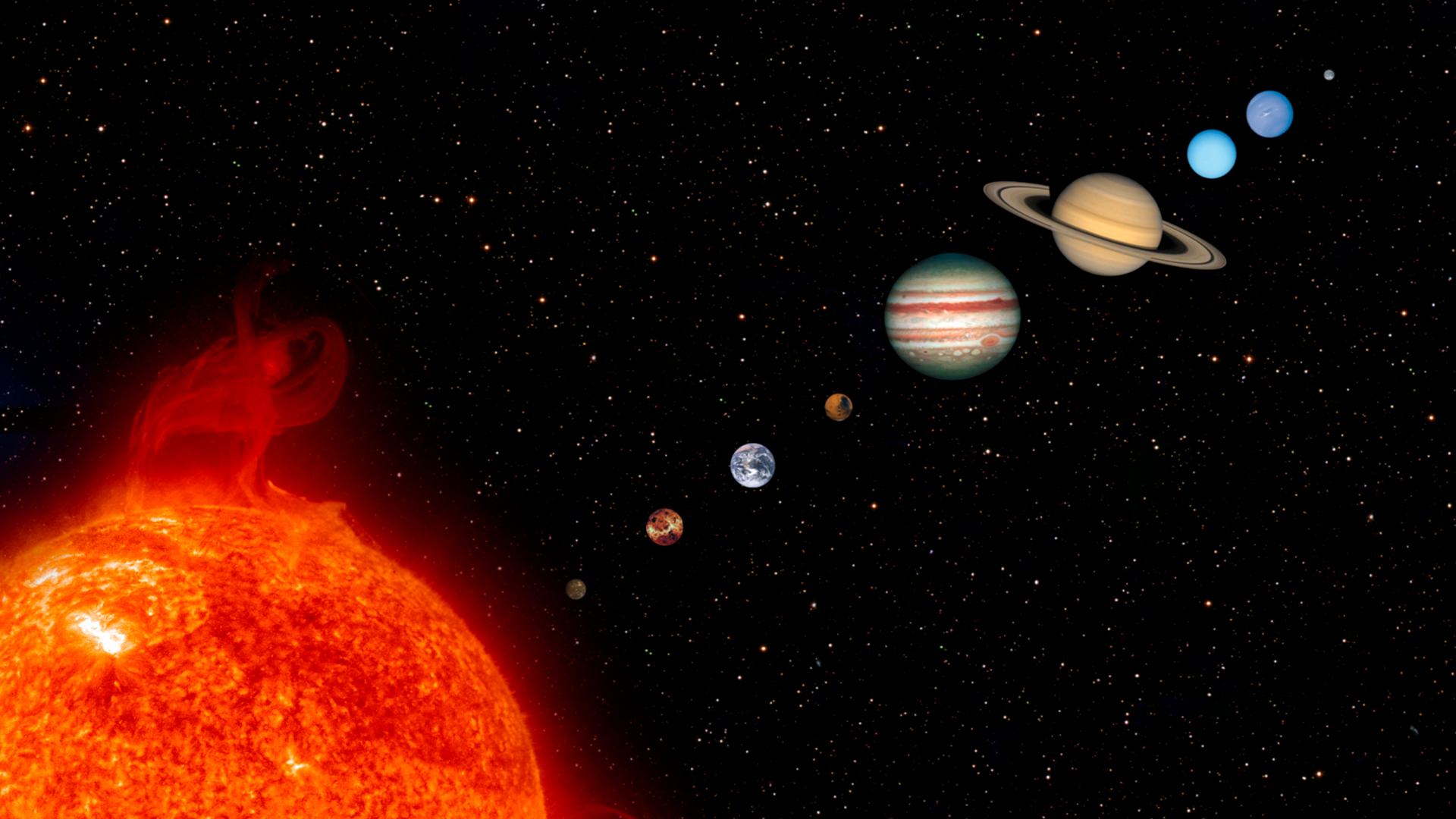
Have all 8 planets ever aligned?
By Charles Q. Choi published
The solar system's eight planets will never truly be in a straight line, but they can get close to it.
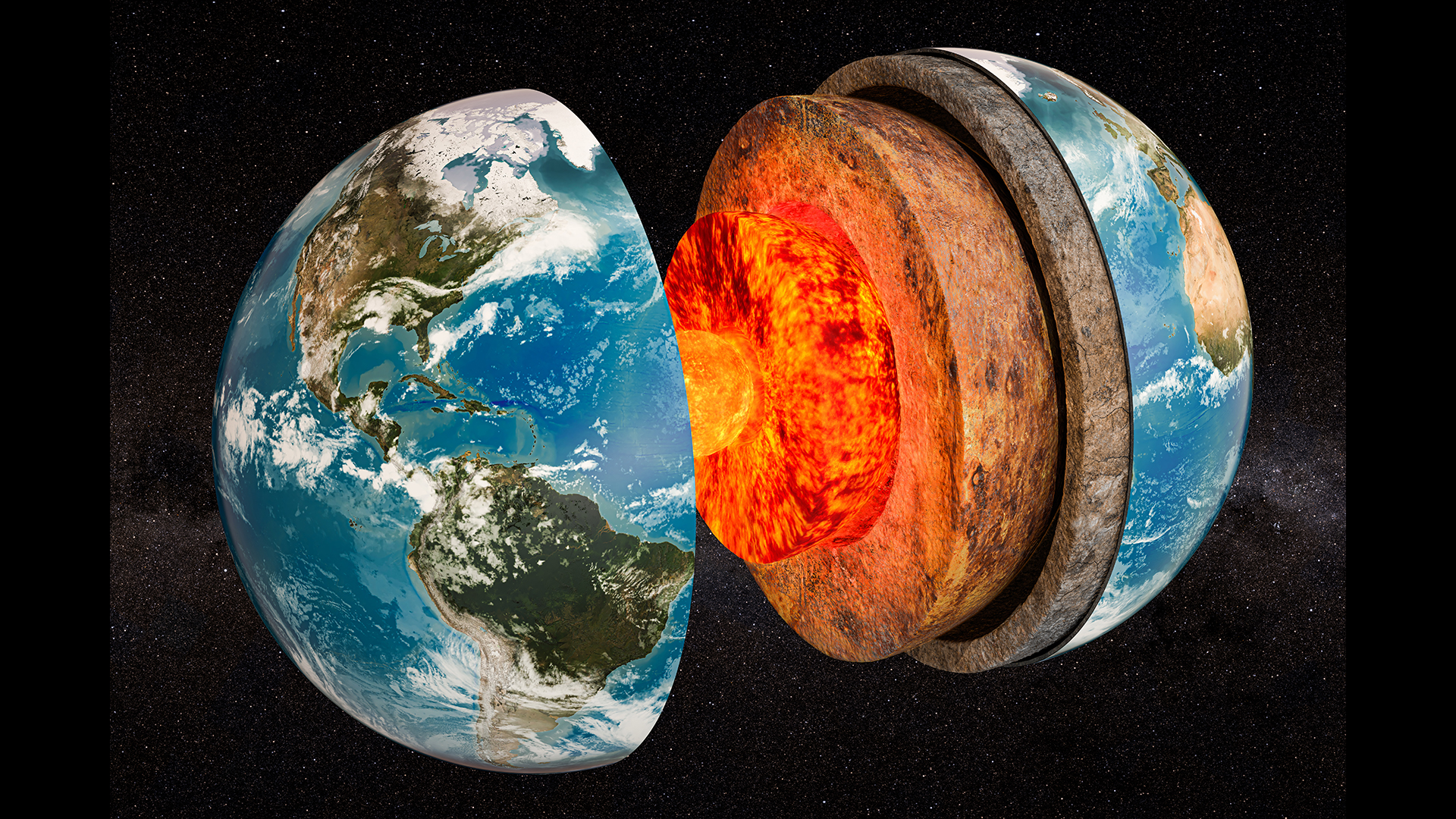
How much water is in Earth's crust?
By Charles Q. Choi published
Earth is covered with water, but how much is hiding in our planet's crust?
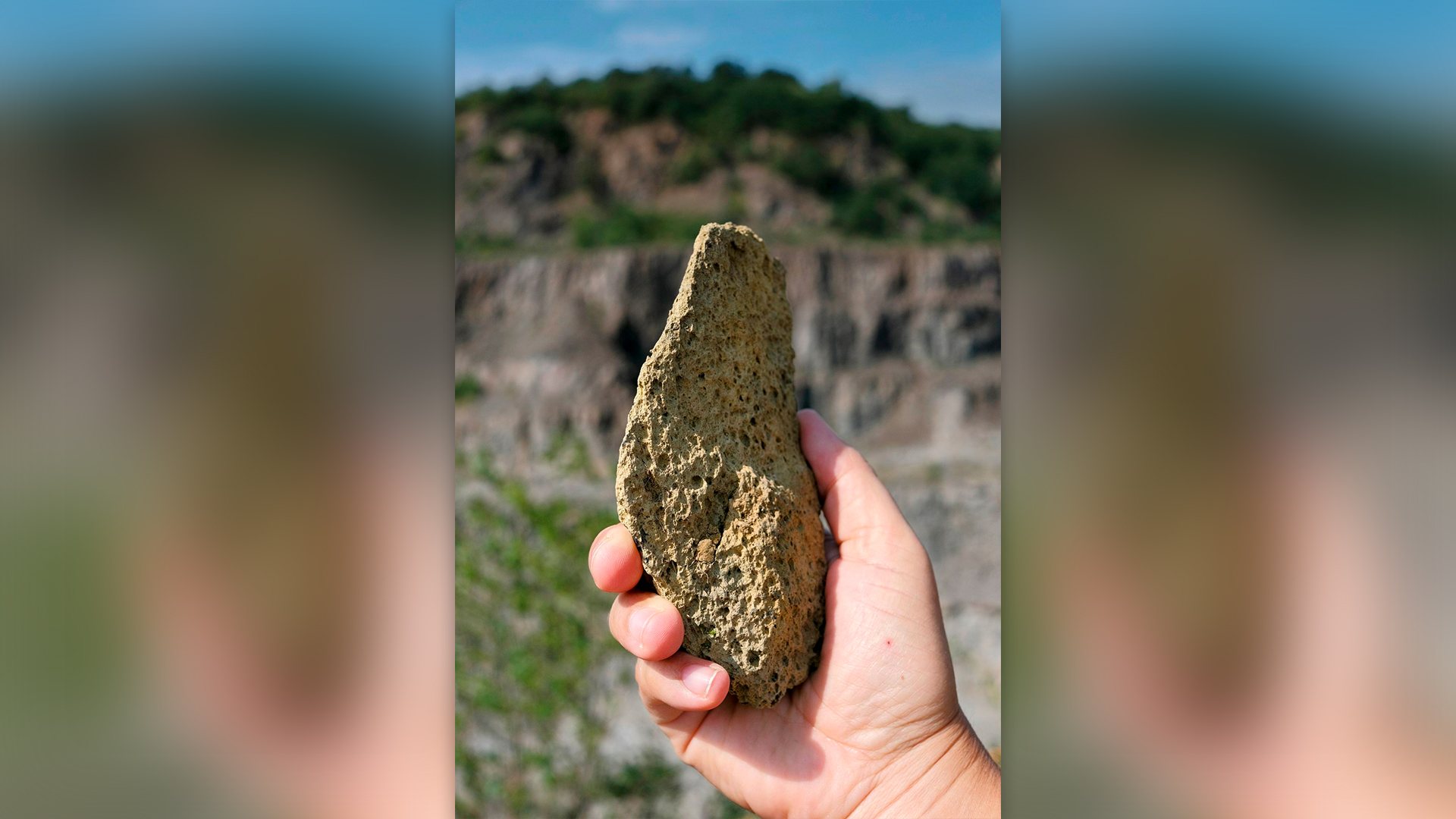
Earliest known stone tools in Europe are 1.4 million years old. And they weren't made by modern humans.
By Charles Q. Choi published
Homo erectus may have crafted these stone tools 1.4 million years ago in what is now Ukraine.

Can static electricity cause a fire?
By Charles Q. Choi published
It's commonplace to get a jolt from static electricity. But does it have enough electrical charge to start a fire?

45,000-year-old bones unearthed in cave are oldest modern-human remains in Central Europe
By Charles Q. Choi published
The finding suggests that 'successive pulses of small groups' of humans replaced Neanderthals in Europe starting around 45,000 years ago.

The 1st Americans may have arrived by a sea ice 'highway'
By Charles Q. Choi published
During the last ice age, the first people to reach the Americas may have traveled from Asia along a sea ice "highway."
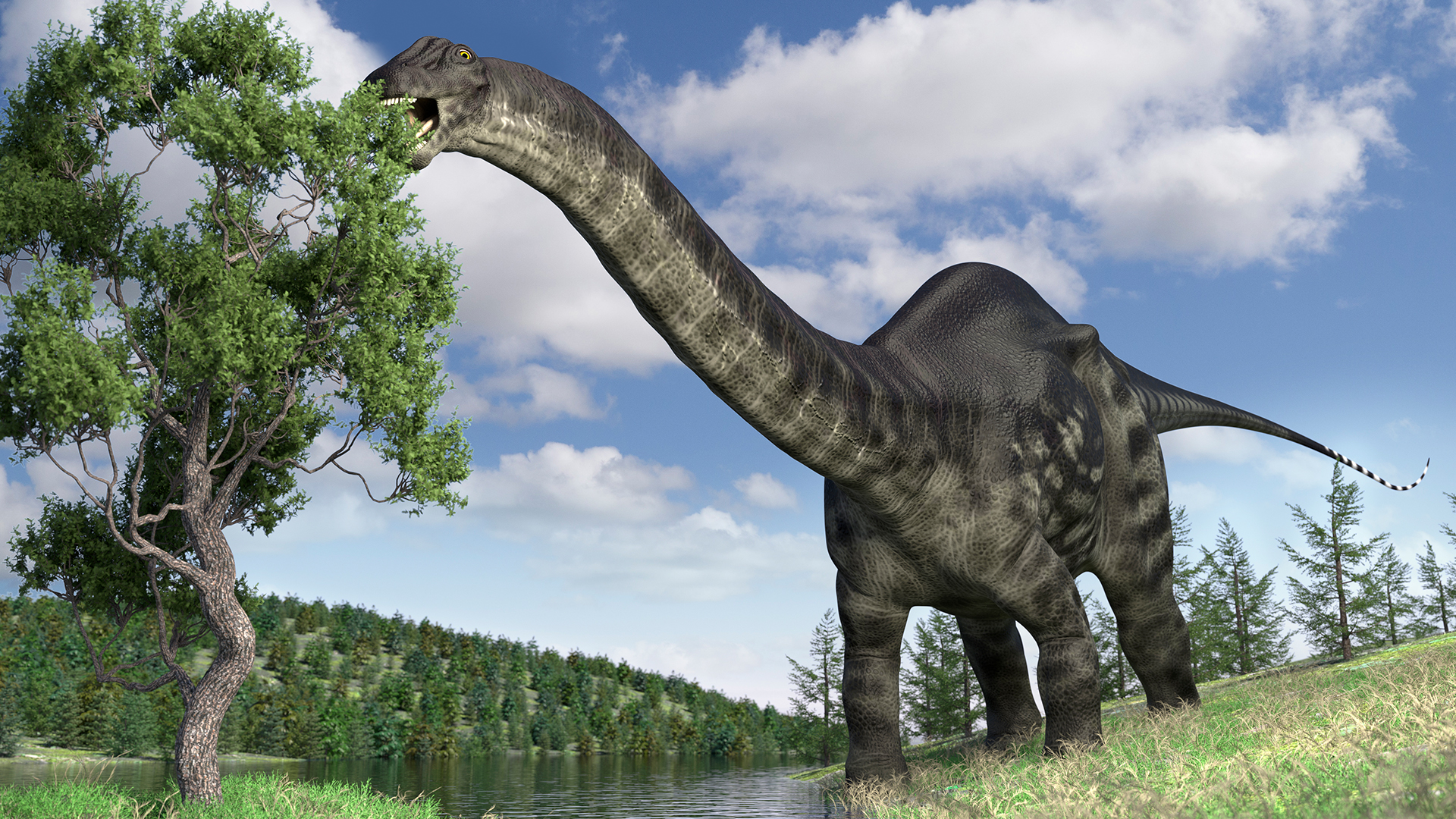
Why was the name 'Brontosaurus' brought back from the dead?
By Charles Q. Choi published
The dinosaur Brontosaurus was canceled but then resurrected. What happened?
Sign up for the Live Science daily newsletter now
Get the world’s most fascinating discoveries delivered straight to your inbox.

